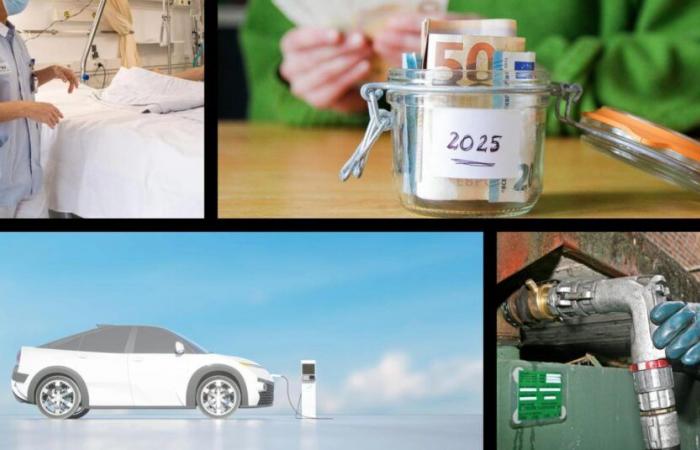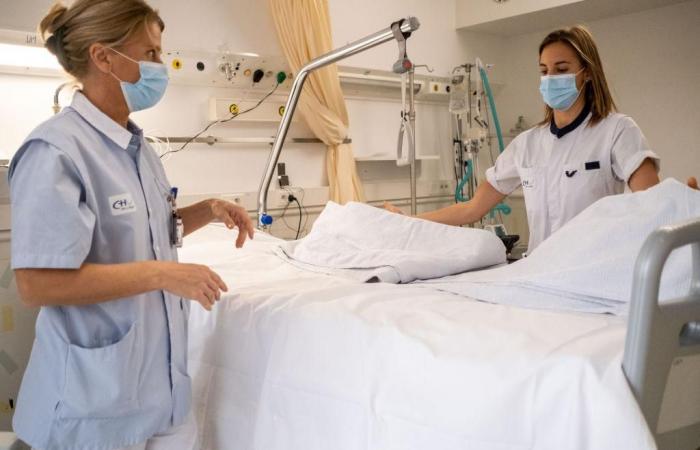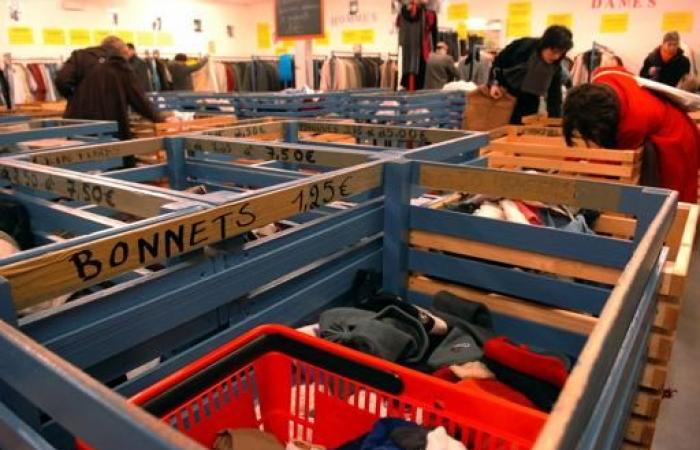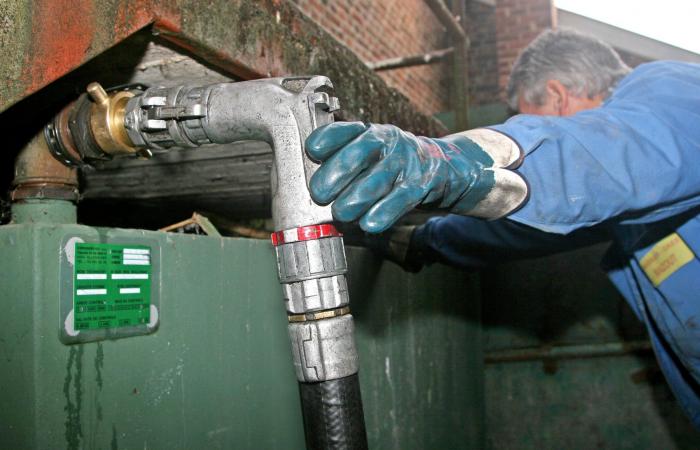The transition to the new year marks the entry into force of certain measures, the change of others, as well as the initiation of reforms, which will have an impact in many areas of daily life. An update on everything that could influence the lives of Belgians in 2025 in four major themes.
The complete update on the changes, reforms and new developments of 2025, in Belgium, in areas relating to money, health, mobility or even society more generally.
Go directly to a category
Argent
Pension: changes in 2025
The pension, a growing economic and social puzzle, will experience several important changes from the start of 2025. There are four of them:
- The legal age increases from 65 to 66;
- Early pension increases from 64 to 65;
- Access to the minimum pension becomes stricter;
- The first candidates for the pension bonus can be quantified.
Are these developments desirable/sufficient for the sustainability of the pension system in Belgium? And for the financial health of future retirees? What challenges lie ahead for the future federal coalition? Review of the different issues surrounding pensions.
What will change for your portfolio in 2025
In addition to pensions, other measures will affect the Belgians’ walletsstarting with the indexation of salaries for several categories of workers this January 1, the prices of bpost which are increasing just like those of service vouchers, Proximus and Stib, or the reduction in registration fees in Wallonia when purchasing real estate for first-time buyers. The salaries of civil servants and social welfare recipients will also increase.
The full update on the expected changes for the portfolio can be found here.
Mobility

Electric cars: everything that will change in 2025
To encourage the switch to electric, Europe has provided a series of directives that the Regions transpose into their respective legislation. One of them results in a new fateful deadline in Wallonia as in the Brussels Region, this 1is January 2025.
In the south of the countryall the non-residential buildings including more than 20 parking spaces will have to install at least one charging point and connection infrastructure for 20% of parking spaces. This provision extends an obligation which was already in force since 2021 for new or extensively renovated buildings.
In the capitala decree from the Brussels government, adopted in 2022, provides for specific ratios for different types of parking with at least ten spacesand confirms the right of any driver of an electric car to have a charging station installed, at their own expense, in the parking lot of a condominium. Update on measures relating to electric cars and charging stations which come into force in 2025.
Health

6 changes for your health in 2025
The sector of health care also records changes from January 1, 2025, as well as new rules closely affecting people’s health. Six changes to know:
- To go to the hospital in 2025, you will need to have your identity card;
- Physiotherapists will no longer be subject to the fee agreement;
- Transgender people can go to six dedicated care centers in Belgium, instead of two;
- Remote monitoring of patients suffering from chronic heart failure will be reimbursed in hospitals;
- Insurance companies will no longer be able to take cancer into account 5 years after a client has undergone cancer treatment;
- Children will be less exposed to alcohol advertising.
Company

No more clothes in the trash from 2025: why it will increase the price of clothes (analysis)
Socks, dish towels, rags? From January 1, 2025, you will no longer look at them the same way. Indeed, textiles must be collected separately. This is what the European Union has decided, imposing this constraint on member states and their citizens. Objective: to support and promote the reuse and recycling of these materials, a large part of which today escapes the virtuous circuit of the circular economy to end up either on the shores of African beaches or incinerated.
From January 2025, therefore, Belgian consumers will no longer be able to throw their used textiles and shoes in their trash bag but will have to deposit them in ad hoc bubbles, in social economy shops or in recycling centers. Chez Terre, Oxfam and Les Petits Riens, the three main members of the Res-Sources non-profit association, 5% on average of clothing collected is reused via a network of second-hand stores in Belgium; 50% is reused for export, through partner NGOs; 28% is recycled into wiping cloths, mattress or seat padding and fraying. The task is all the more complex as morea third of fast fashion clothes are designed from mixtures of materials and cannot be easily recycled. Finally, 17% are cremated. The profits from second-hand sales, which allow disadvantaged people to wear clothes at a low price, are reinvested in social and solidarity projects.
A decision which is therefore not without consequences, to be discovered in full in this article.

The difficult farewell to fuel oil in Wallonia: “The problem will be the same in five years”
In the north of the country, the installation of a new oil boiler is banned since 2022 already for new constructions, in-depth renovations and simple replacements if connection to natural gas is possible. The Brussels Region plans to do the same in 2025. Wallonia has just change course. Initially, under its Air Climate Energy (Pace) plan, it was counting on the end of new oil boilers as soon as mars 2025 for new constructions and from 2026 for major renovations. The Walloon Minister of Energy, Cécile Neven (MR), confirmed the postponement.
In the absence of viable alternatives for the many poorly insulated housing units, the postponement seemed inevitable. Here’s why it’s so hard to get out of it.

End of status for FWB agents
The Minister of Civil Service in the Wallonia-Brussels Federation, Jacqueline Galant (MR), confirmed the end of the status of FWB contractual agents from January 2025. The previous PS-MR-Ecolo government had decided on a progressive status of contract workers employed within the FWB administration. For the years 2024 and 2025, a figure of 359 regularizations was thus established upon successful completion of a series of exams.
However, the 222 nomination files currently open for this year 2024 will be completed, said the minister. The Wallonia-Brussels Federation currently has some 6,500 agents spread across different administrations. Some 55% of these agents are contract workers, the remaining 45% statutory.












